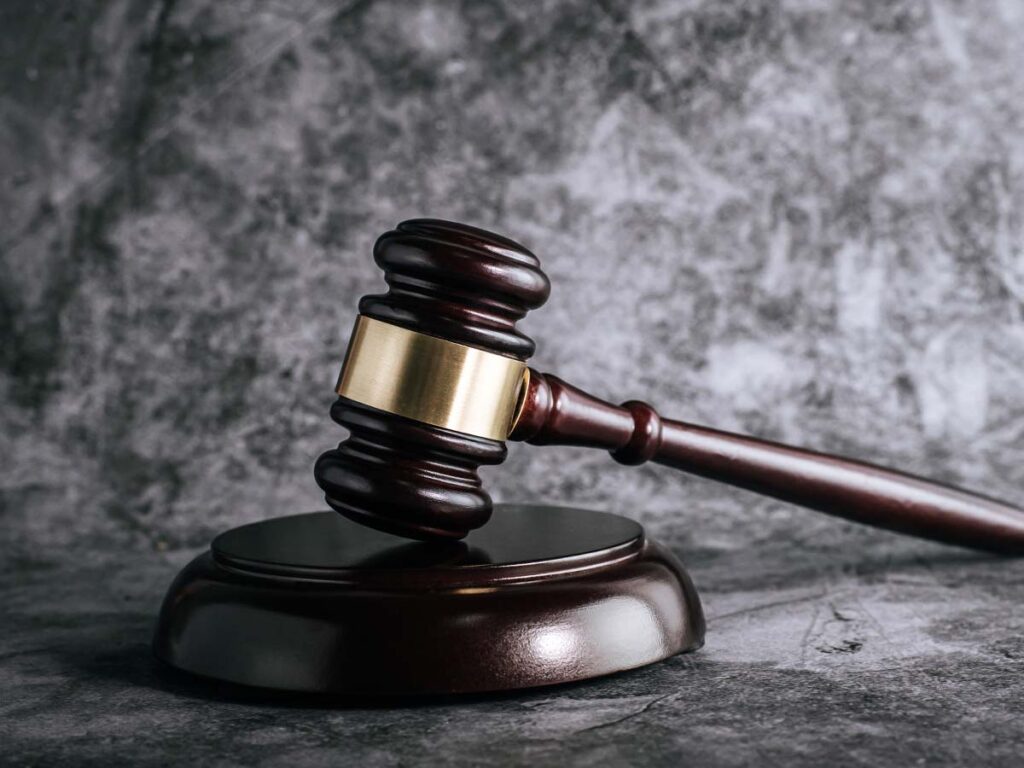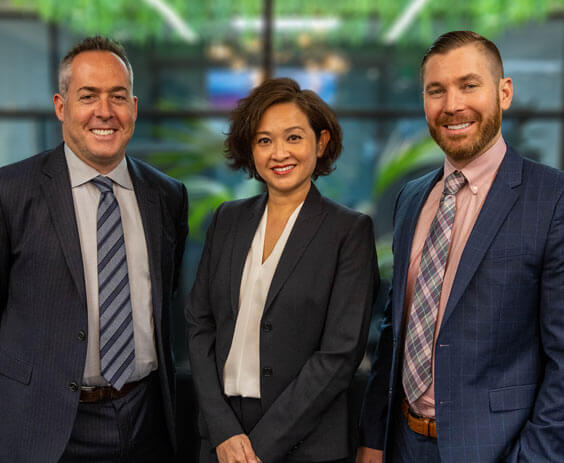Being involved in a car accident can be a life-altering experience, often resulting in physical injuries and emotional distress. For some car accident victims, the aftermath extends beyond physical pain to include post-traumatic stress disorder (PTSD), a condition that profoundly impacts mental health and daily life. If you’re dealing with PTSD after a traumatic event like a motor vehicle accident in Newport Beach, you may be wondering if you can seek compensation for the mental and emotional toll. The answer is yes—filing a personal injury claim for PTSD is possible, and understanding the legal process can help you recover damages for your suffering.
What Is PTSD and How Does It Relate to Car Accidents?
Post-traumatic stress disorder (PTSD) is a mental health condition triggered by a traumatic event, such as a severe car crash. PTSD symptoms may include mood swings, flashbacks, nightmares, and heightened anxiety, all of which can interfere with a person’s ability to work, maintain relationships, or even drive again.
Car accidents are among the leading causes of PTSD, as victims often endure both physical injuries and emotional distress caused by the traumatic experience. While many people associate PTSD with veterans or survivors of violent crimes, studies show that motor vehicle accidents are a significant source of this debilitating condition.

Seeking Compensation for PTSD
Victims of motor vehicle accidents may seek compensation for both the physical and emotional effects of the accident. Compensation can include medical expenses, lost wages, and damages for emotional distress, such as PTSD. To file a lawsuit for PTSD, you must demonstrate that the condition was caused by the accident and that it has significantly impacted your life.
Common Damages in PTSD-Related Claims
- Medical expenses: Costs for therapy, medication, and ongoing treatment with a mental health professional.
- Lost wages: Income lost due to an inability to work while recovering.
- Pain and suffering: Compensation for physical pain and emotional distress, including mental anguish and PTSD symptoms.
- Future medical expenses: Long-term costs for counseling or other treatments.
Establishing PTSD in a Car Accident Claim
Filing a personal injury claim for PTSD requires strong evidence to connect the condition to the accident. Key steps include:
1. Seek Medical Attention Immediately
After a car crash, it’s vital to address both physical and mental health concerns. A medical professional can evaluate injuries sustained, while a mental health professional can diagnose PTSD and develop a treatment plan. Early documentation of symptoms strengthens your claim.
2. Gathering Evidence
Building a solid case requires proof that the car accident caused your PTSD. Evidence might include:
- Medical records showing a PTSD diagnosis and related treatments.
- Police reports from the accident scene.
- Witness statements to corroborate your experience during and after the accident.
3. Prove Negligence
To hold the at-fault party liable, you must demonstrate that their reckless driving, distracted driving, or other forms of negligence caused the accident.
Challenges in PTSD Lawsuits
Unlike visible physical injuries, PTSD and other forms of emotional distress are harder to quantify. Insurance companies may downplay these injuries or argue that they predated the accident. Working with an experienced personal injury attorney can help ensure your case is taken seriously.
A skilled attorney will:
- Obtain expert testimony from mental health professionals to explain the severity of your PTSD.
- Handle negotiations with insurance companies to secure a fair settlement.
- Present a compelling case in court if necessary.
Can Families File a Wrongful Death Claim for PTSD?
In cases where a car accident results in wrongful death, surviving family members may also experience PTSD. While a wrongful death claim typically seeks compensation for medical bills, funeral costs, and loss of financial support, families can also pursue damages for emotional suffering, including PTSD caused by the tragic loss.
What Role Does Negligence Play in PTSD Lawsuits?
Negligence is central to most personal injury cases, including those involving PTSD. Common negligent behaviors leading to car accidents include:
- Aggressive driving behaviors like tailgating or speeding.
- Reckless driving involving illegal maneuvers.
- Distracted driving, such as texting while driving.
The at-fault party’s negligence must be proven to recover damages. Your attorney will analyze traffic laws, police reports, and witness accounts to establish liability.
Compensation for PTSD in Newport Beach
Victims of PTSD following a car crash may be entitled to significant compensation depending on the severity of their injuries and the circumstances of the accident. Compensation aims to cover immediate medical attention, ongoing care, and emotional recovery.
Kohan & Bablove, Injury Attorneys, have extensive experience handling personal injury cases involving physical and emotional distress. We work diligently to ensure car accident victims receive maximum compensation for their suffering.
Conclusion: Pursuing Justice for PTSD After a Car Accident
PTSD is a serious condition that affects car accident victims long after the physical injuries heal. Filing a lawsuit for PTSD after an accident in Newport Beach is an essential step toward recovering fair compensation and addressing the full scope of damages. Whether your claim involves medical expenses, lost wages, or pain and suffering, having an experienced attorney by your side can make all the difference.
Learn more about filing a lawsuit for PTSD after an accident in Newport Beach. Call Kohan & Bablove, Injury Attorneys, at (949) 535-1341 (tel:+19495351341) to schedule your free consultation. You can also reach us anytime through our contact page (https://www.dkblawyers.com/contact/). Let us help you pursue the justice and compensation you deserve.


